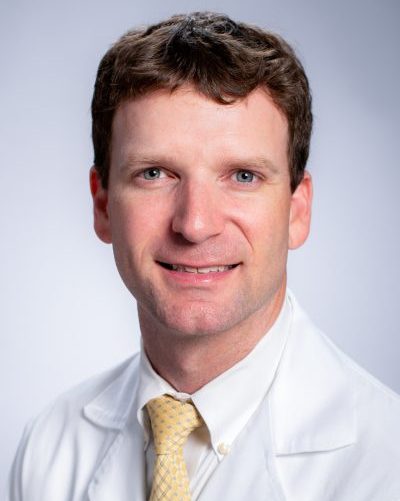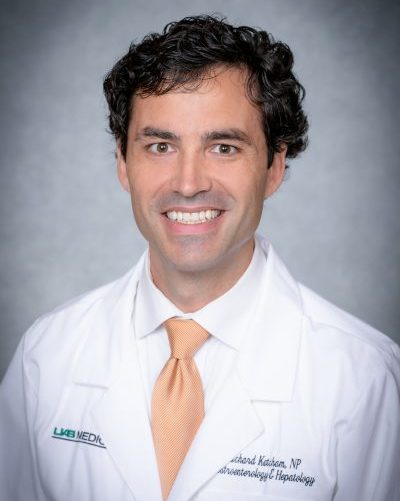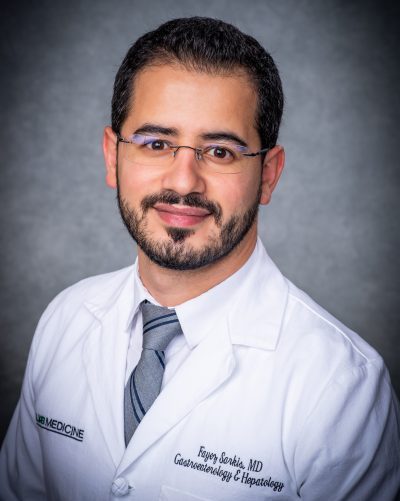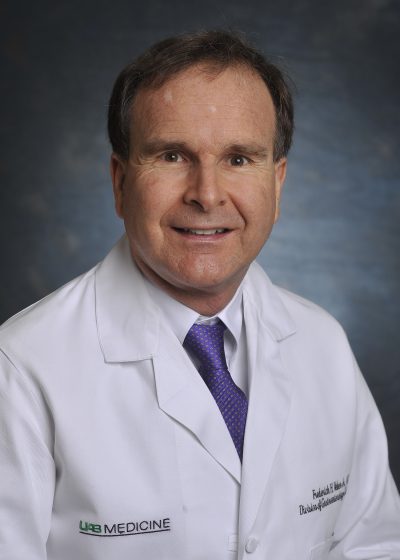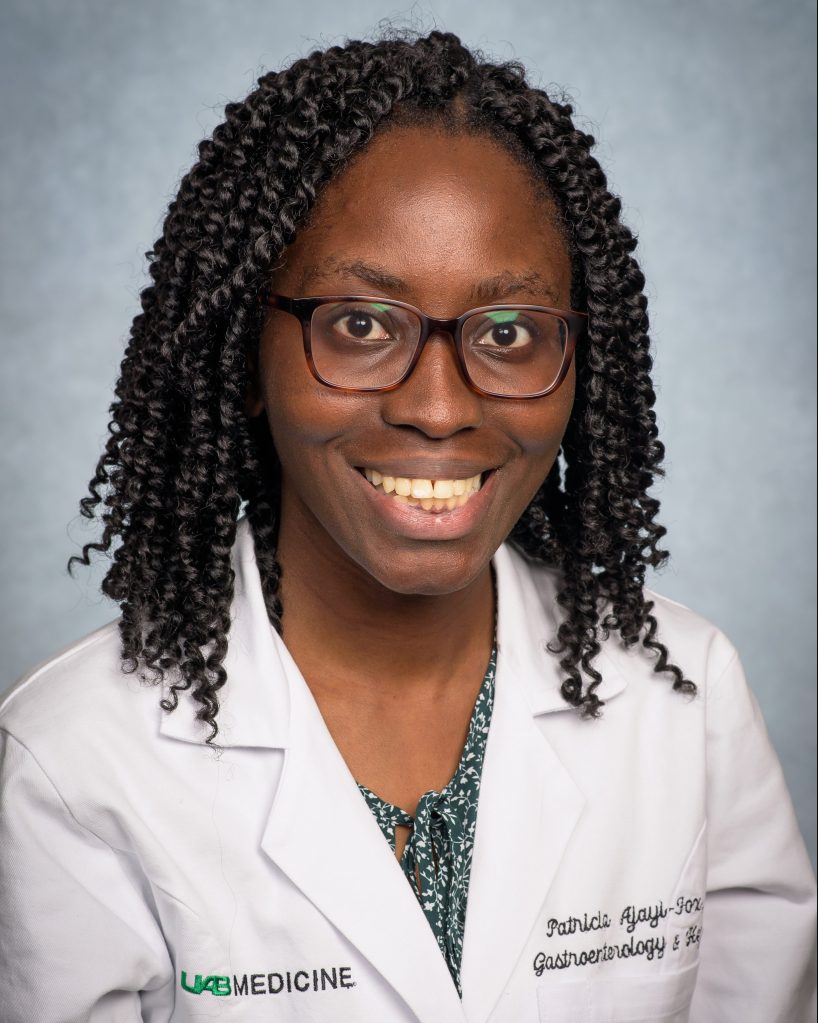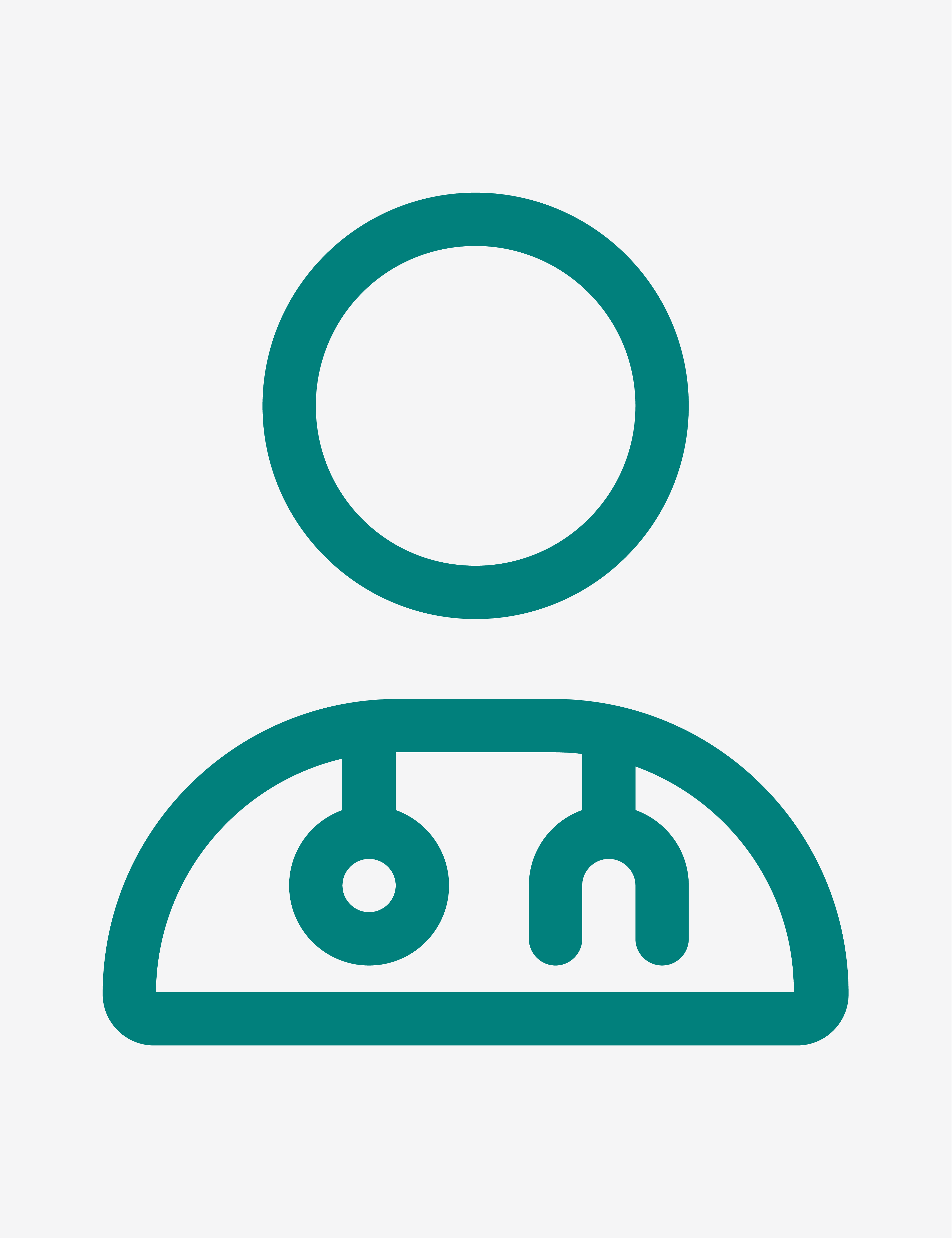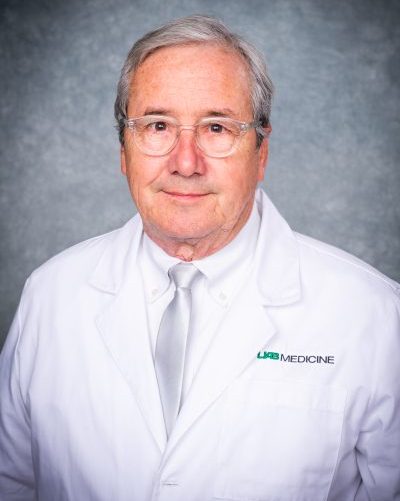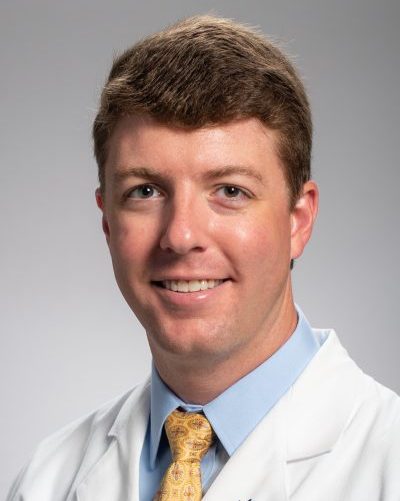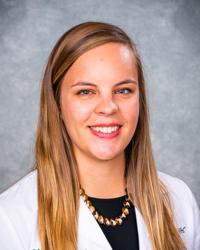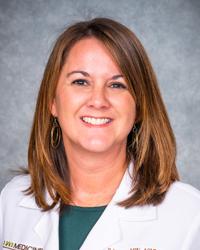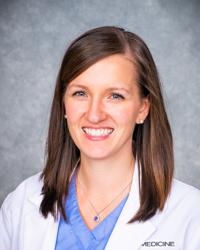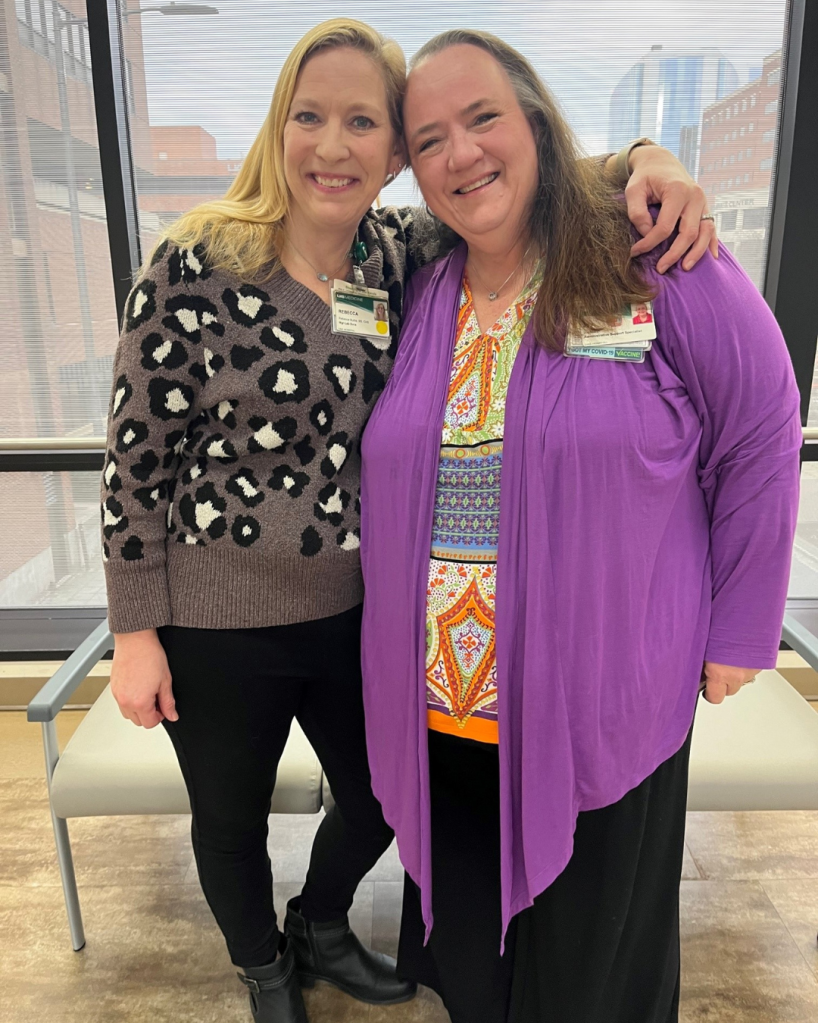The gastrointestinal (or digestive) tract is an organ system in the body that takes in food, digests it to extract and absorb energy and nutrients, and expels the remaining waste as feces. The mouth, esophagus, stomach, and intestines are part of the gastrointestinal (GI) tract.
Most people experience GI problems at one time or another. Indigestion and heartburn are among the most common GI conditions and usually can be relieved with over-the-counter medications and/or lifestyle changes. Three of the more serious GI conditions are explained below.
Crohn’s disease is a chronic GI condition that causes inflammation (swelling) and irritation in the digestive system. It is a type of inflammatory bowel disease (IBD), along with similar conditions such as ulcerative colitis and diverticulitis. IBD should not be confused with irritable bowel syndrome (IBS), a less serious digestive condition.
Crohn’s disease most commonly affects the small intestine and the beginning of the large intestine, but it can develop in any part of the digestive tract, from the mouth to the anus. It can cause a variety of symptoms, including mild to severe pain in the abdomen, joints, or rectum; GI issues such as bloating, diarrhea, and bloody stools; nausea; fatigue; fever; and weight loss, usually due to a reduced appetite. Symptoms usually begin gradually but often become worse over time. You may have periods with few or no symptoms that last for weeks or even years.
Crohn’s disease can develop at any age, though it is more likely to develop in your 20s. Factors that may increase your chances of developing it include cigarette smoking and if you have a family member (especially a parent or sibling) who has been diagnosed with IBD. There is no cure, but Crohn’s disease can be treated with medications and, in more serious cases, surgery. People with Crohn’s disease face an increased risk for colorectal cancer, so they may need to be tested for it regularly.
Diverticulitis is a condition in which small pouches known as diverticula develop on the wall of the colon and become inflamed or infected, often bulging through the colon wall. Although it occurs most often in the colon (large intestine), diverticulitis can develop in nearly any part of the digestive tract. If the small pouches are present but not inflamed or infected, the condition is called diverticulosis. Diverticulosis becomes more common with age; about half of all people over age 60 have it. Doctors believe that the main cause is a low-fiber diet.
Irritable bowel syndrome (IBS) is a problem with the intestines that causes pain or discomfort in the stomach area. Pain may occur alone or with constipation or diarrhea. Other symptoms can include bloating, mucus in the stool, or a feeling that the bowel has not completely emptied. In most cases, it is not clear what causes it. Some believe IBS is caused by stress, anxiety, or problems with the way the brain communicates with the digestive tract. Sufferers often find relief through changing their diets. IBS is part of a larger group of conditions known as inflammatory bowel disease, or IBD.
Ulcerative colitis is a condition similar to Crohn’s disease, with a few important differences. With Crohn’s disease, there are healthy parts of the intestine mixed in between inflamed areas. With ulcerative colitis, the inflammation of the colon is continuous. Also, ulcerative colitis affects only the innermost lining of the colon, while Crohn’s disease can occur throughout all the layers of the bowel walls. The symptoms of and treatment for ulcerative colitis are similar to those of Crohn’s disease.
Most people with diverticulosis don’t have symptoms, though it may cause mild cramps, bloating, or constipation. Diverticulosis often is discovered through tests ordered for some other medical reason. For example, it is often found during a colonoscopy to screen for cancer. A high-fiber diet and mild pain relievers often will relieve any symptoms of diverticulosis.
When diverticulosis develops into diverticulitis, it can cause symptoms such as abdominal pain, usually on the left side of the torso, as well as fever, nausea, vomiting, chills, cramping, and constipation. In serious cases, diverticulitis can lead to bleeding, tearing, or blockages. Treatment may include antibiotics, pain relievers, and a liquid diet. Serious cases may require a hospital stay and/or surgery, though diverticulitis usually is less serious than Crohn’s disease and ulcerative colitis.
UAB Medicine is known worldwide as a leading center for digestive and liver disorders. Our gastroenterology and gastrointestinal (GI) program is consistently ranked among the top programs of its kind in the nation by U.S. News & World Report. We see more than 20,000 patients and perform more than 12,000 outpatient procedures each year.
Our specialty at UAB has a notable history. The inventor of the endoscope, Basil Hirschowitz, MD, founded our program more than 50 years ago. His innovation revolutionized GI and other diagnoses around the world and continues to inspire us today. Our interventional endoscopy group, which includes endoscopic ultrasound, is one of the busiest in the country and has grown to become one of the most prestigious, both clinically and academically.
UAB continues to lead advancements in gastroenterology by participating in many research trials of promising drug therapies and other treatments for digestive disorders. Our physicians and scientists are searching for causes and cures for many GI illnesses through basic research, including studies of the bacteria that inhabit our intestines and affect our health.
Care Providers
Resources
- UAB Division of Gastroenterology and Hepatology
- Crohn’s & Colitis Foundation
- NIH – Irritable Bowel Syndrome
- NIH – Ulcerative Colitis
Related Specialties
- Bariatric Surgery
Colon Cancer
Colonoscopy
Digestive Health
Gallstone
Gastroenteritis
GERD (gastroesophageal reflux disease)
Hyperparathyroidism
Irritable Bowel Syndrome
Obesity
Pancreatic Cancer
Pancreatitis
Thyroid Cancer
Thyroid Disease
Ulcerative Colitis
Clinical Trials
Speak to your physician about your options and browse the link below for more information
Latest News
View All News-
UAB researchers uncover shared response to dominant commensal bacterial flagellin epitope in Crohn’s patients and healthy infants
January 30, 2025
-
UAB receives renewed funding for colorectal cancer screening project
November 18, 2024
-
UAB celebrates milestone with 3,000 adult liver transplants
September 26, 2024
-
UAB Hospital continues to be the best hospital in Alabama, Birmingham metro, according to U.S. News & World Report
July 16, 2024
-
UAB to offer free colonoscopy screenings to under- and uninsured for second consecutive year
May 21, 2024


